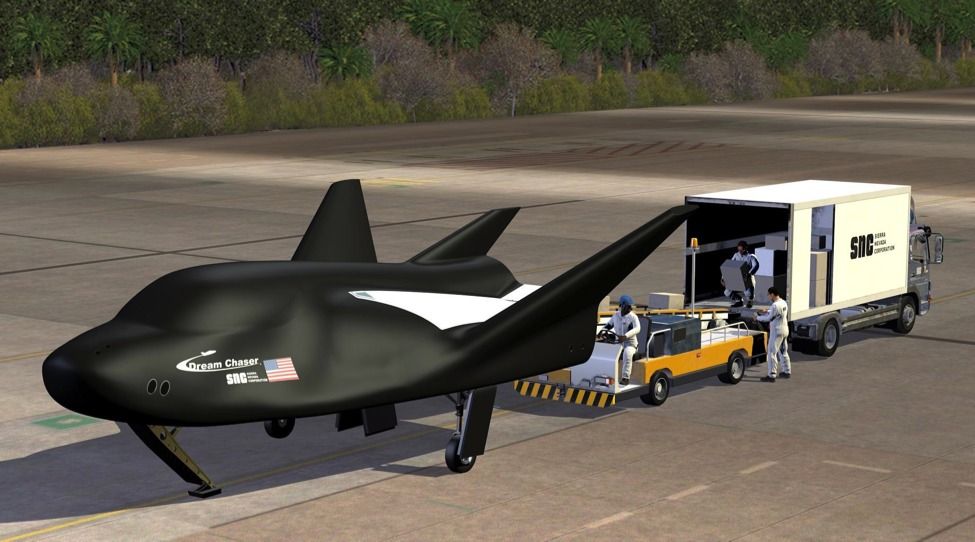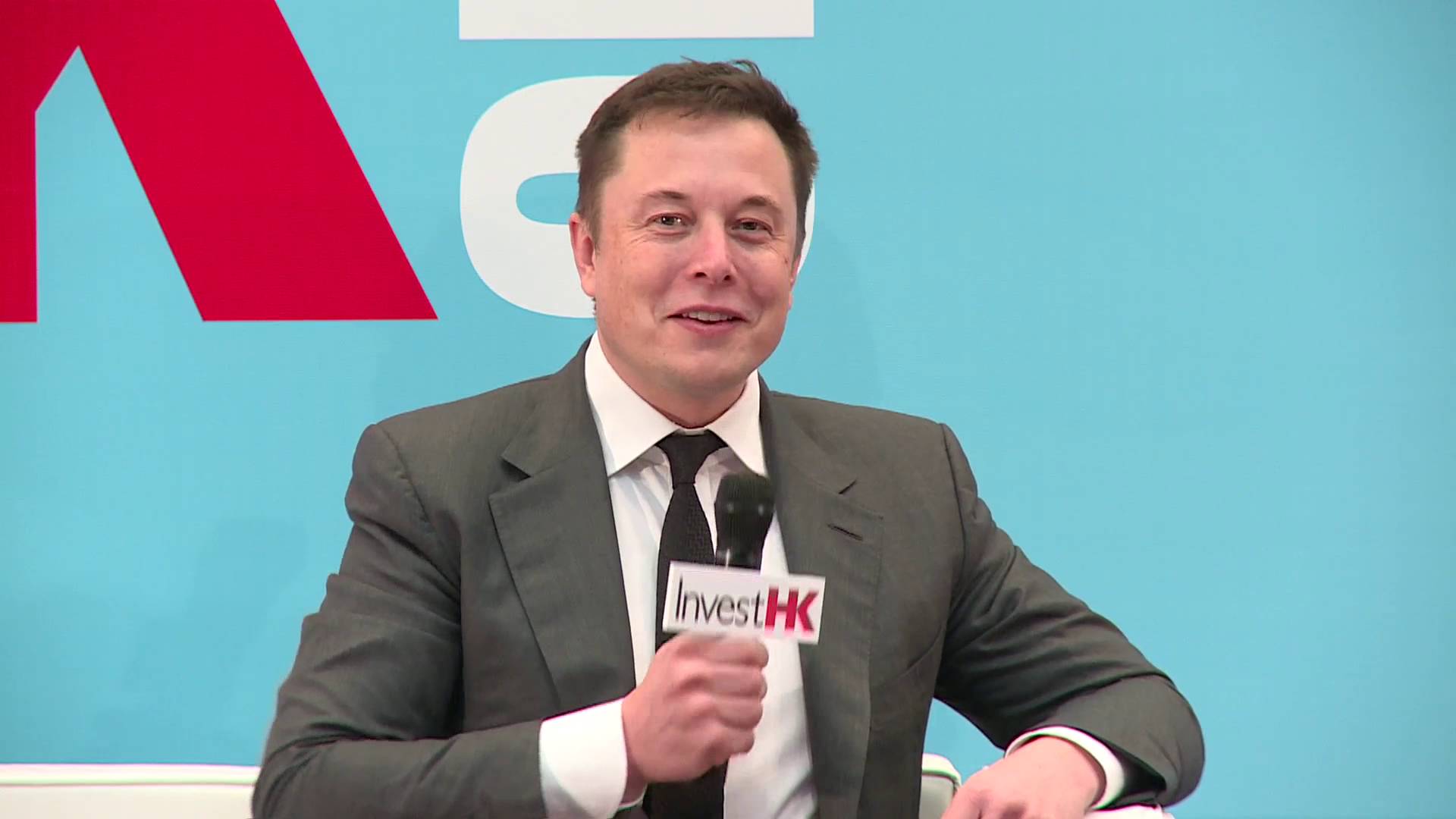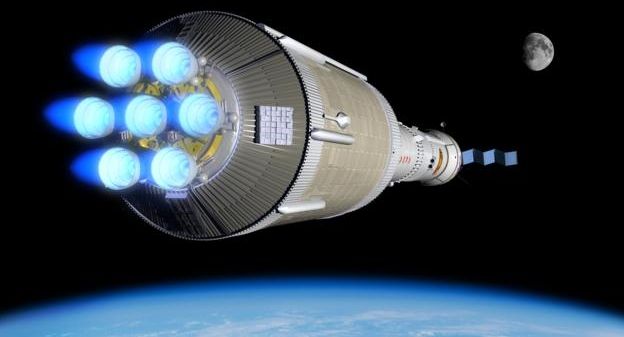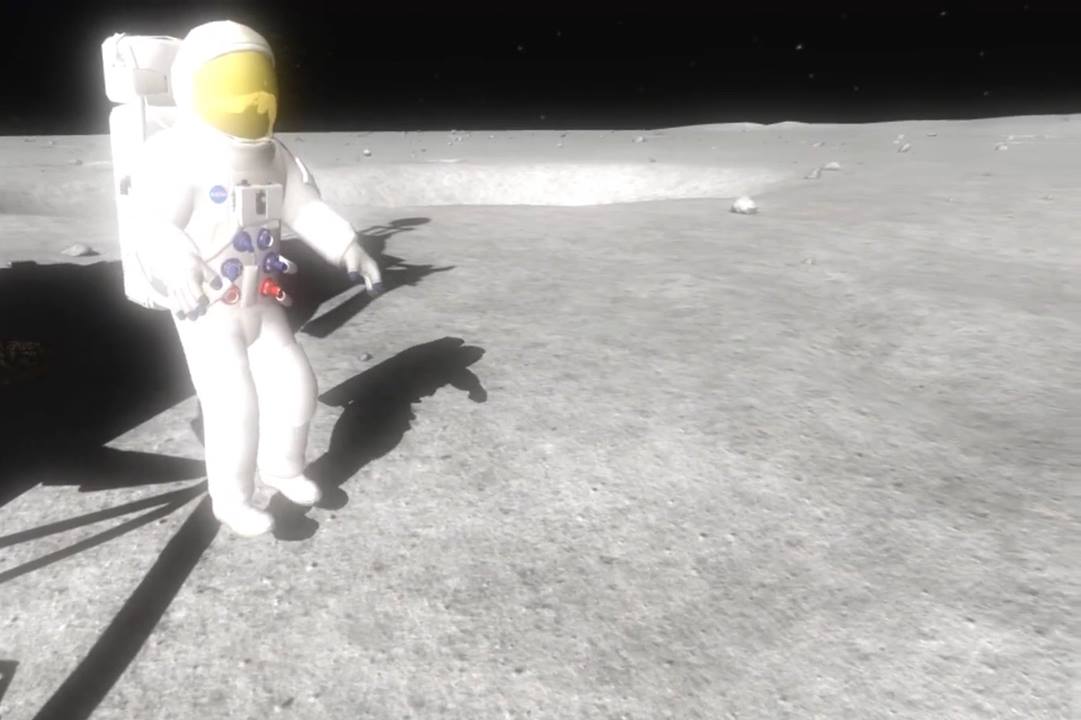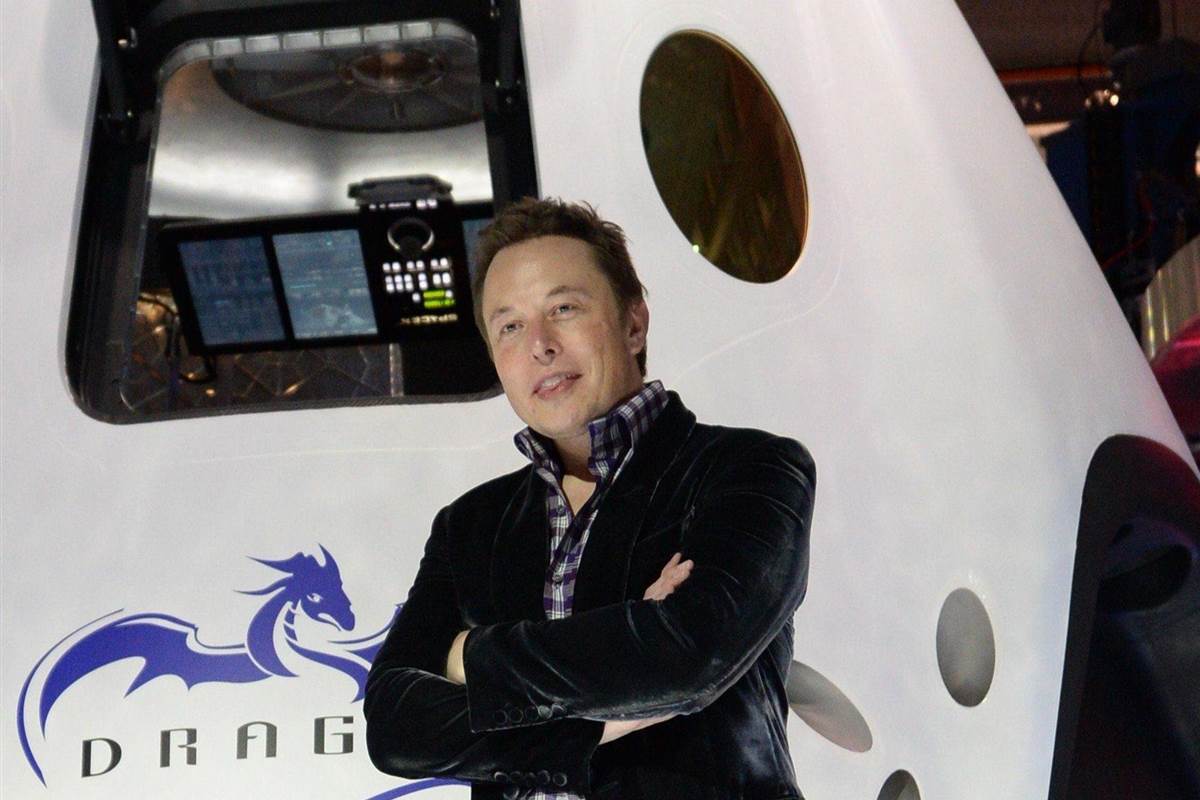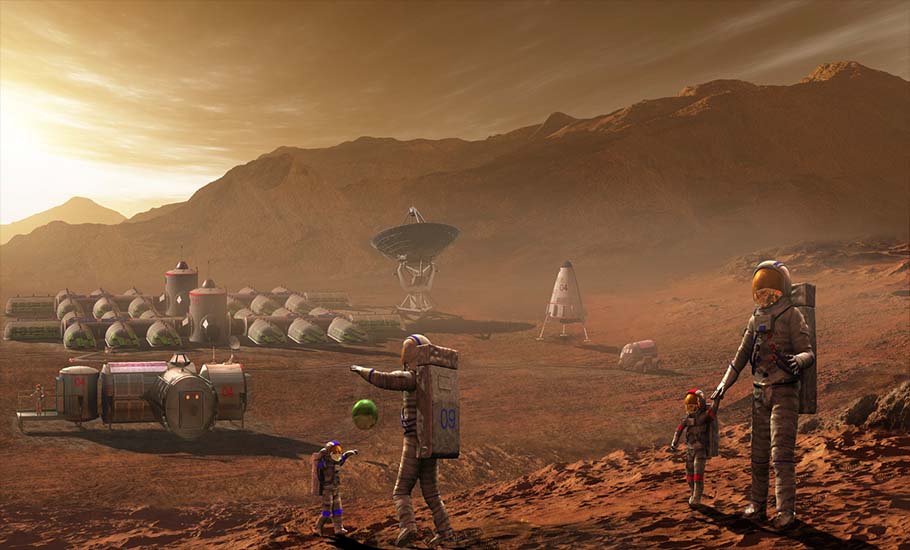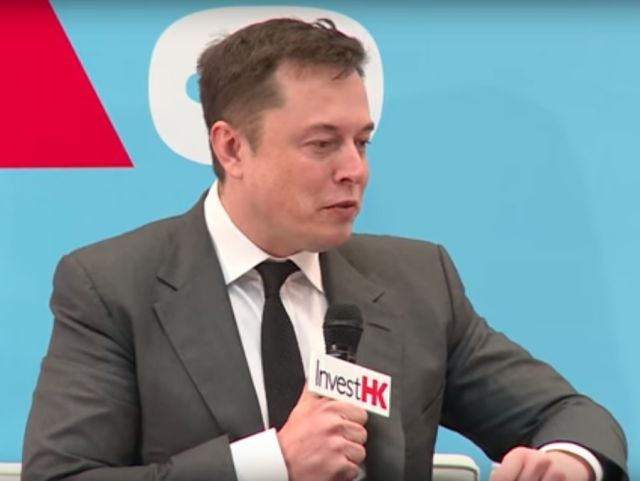Feb 1, 2016
NASA’s New Space Shuttle Is a Work of Futuristic Art
Posted by Sean Brazell in categories: biotech/medical, business, materials, space travel
The lifting body vehicle will be launched on a United Launch Alliance (ULA) Atlas V rocket and will have the ability to return—along with cargo—by landing at any available airport. SNC’s Dream Chaser is made of non-toxic materials meaning it can touch down on commercial runways and be accessed immediately.
The chance to showcase a reusable spacecraft on government funded missions bodes well for a potential pivot to commercial use. SNC is at the leading edge of private space companies that one day might cater to a more diverse base of consumers like universities, medical companies and individuals.
To learn more about Dream Chaser’s history and development, we spoke to John Roth, Vice President of Business Development for SNC’s Space Systems.
